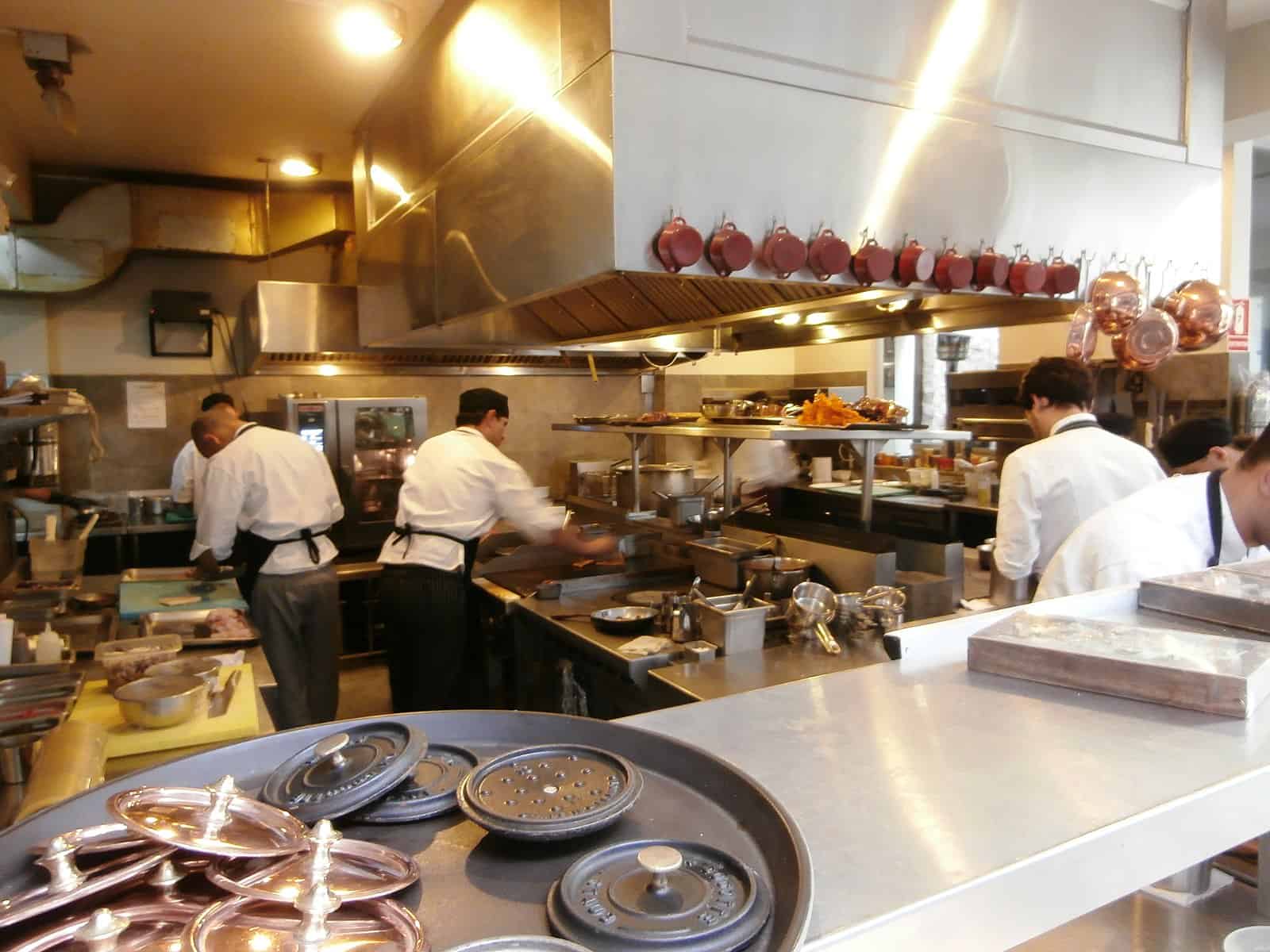
Jon Levitan is a student at Harvard Law School and a member of the Labor and Employment Lab.
The autumn of discontent marches on. At midnight on Sunday, about 500 steelworkers in Ohio went on strike after contract renewal negotiations between ArcelorMittal and their union—United Steelworkers Local 3057—broke down abruptly. USW Local 3057 staff representative Brian Sealy told reporters that the employer made its final offer Sunday, then picked up and left to Pennsylvania before the union could give its response. Sealy was dismayed by the company’s behavior. “It was nothing we expected. The company provided us with their so-called final offer and they got up and left the building…We’re still waiting to hear from them. We said we would review (the offer). They said OK. Twenty minutes later we found out they left the building unannounced.” There are multiple issues still holding up a new agreement. One, as is the case in so many labor conflicts around the country, is rest and time off for workers. Some ArcelorMittal workers are scheduled to work seven days a week and have no guaranteed time off; a normal work week is 56 hours, according to Sealy. As their workers walked out, ArcelorMittal refused to speak with the press.
Meanwhile, 6,000 University of California lecturers are preparing to strike. The workers, ”who do one-third of all teaching but earn just a fraction of what their tenure-track counterparts do,” authorized a strike in May, with 96 percent of lecturers authorizing the University Council American Federation of Teachers (UC-AFT) to call a strike. The lecturers are calling for three things as they prepare to launch a strike. First, they want job security; currently, a lecturer needs to remain at the same campus and same department for six consecutive years to earn “continuing lecturer” status, which conveys an entitlement to an indefinite appointment. As a result, only 1,200 of 6,300 lecturers have obtained this status. Second, lecturers are demanding a raise from their paltry $19,000 median salary. Finally—stop me if you’ve heard this before—lecturers are overworked. They point to the amount of unpaid labor they do for students, “such as thesis advising, undergraduate research apprenticeships, and curriculum committees,” they’ve even played counselor for students dealing with food and housing insecurity themselves. UC-AFT in encouraging members and supporters to attend their next open bargaining session: Wednesday, November 10, from 2 p.m. to 4 p.m. PT via Zoom.
Next, in what I believe is the first time that workers in this industry have ever been mentioned on this blog, workers at Image Comics, an independent comic book publisher, have announced that they have formed a union. According to Vice, Image Comics was formed as a “a publisher that would allow creators to retain the rights to their creations, unlike larger publishers DC and Marvel. In many ways it was the culmination of a wave of creator-rights activism.” The union echoes this sentiment in their formation announcement, writing that “[i]n the early stages of organizing, we looked to Image’s founders for inspiration. Their dreams of self-determination and more equitable treatment in the industry they loved and helped make successful are also our dreams.”
Finally, for Eater, Jaya Saxena has an excellent piece detailing why the horrifying health and safety conditions in restaurants do not have to exist, and imagining what a better industry could look like. She discusses technology that can make workers’ lives easier—ranging from the mundane (a simplified POS system at Dominoes) to the futuristic (automated woks at Panda Express)—and structural changes to the restaurant itself, like improved air conditioning and installation of anti-fatigue mats, to make the workplace less hostile. But Saxena ultimately concludes that “[i]f the work culture doesn’t change, these will all be Band-Aids on a bigger wound.”






Daily News & Commentary
Start your day with our roundup of the latest labor developments. See all
July 18
Trump names two NLRB nominees; Bernie Sanders introduces guaranteed universal pension plan legislation; the DOL ends its job training program for low-income seniors; and USCIS sunsets DALE.
July 17
EEOC resumes processing transgender workers' complaints; Senate questions Trump's NLRB General Counsel nominee; South Korean unions strike for reforms.
July 16
The U.S. Department of Health and Human Services lays off thousands of employees; attorneys for the Trump Administration argue against revealing plans to reduce the workforce of federal agencies; and the Fourth Circuit grants an emergency stay on the termination of TPS for thousands of Afghans.
July 15
The Department of Labor announces new guidance around Occupational Safety and Health Administration penalty and debt collection procedures; a Cornell University graduate student challenges graduate student employee-status under the National Labor Relations Act; the Supreme Court clears the way for the Trump administration to move forward with a significant staff reduction at the Department of Education.
July 14
More circuits weigh in on two-step certification; Uber challengers Seattle deactivation ordinance.
July 13
APWU and USPS ratify a new contract, ICE barred from racial profiling in Los Angeles, and the fight continues over the dismantling of NIOSH